Growth Curve
The inexact science of raising kids
Sign up for our newsletter
We summarize the week's scientific breakthroughs every Thursday.
-
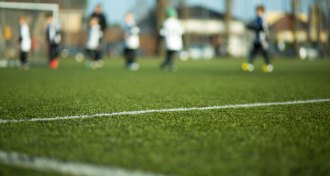 Health & Medicine
Health & MedicineScience may get sidelined in artificial turf debate
Despite news reports about the potential harms of artificial turf, studies find synthetic fields have few health risks, although lead levels may be elevated in older fields.
By Beth Mole -
 Health & Medicine
Health & MedicineIn babies, turning down inflammation soothes the hurt
Babies don’t feel nerve pain because their immune systems tamp down inflammation.
-
 Health & Medicine
Health & MedicineA little tablet time probably won’t fry a toddler’s brain
Good or bad, the effects tablet and smartphone use among toddlers demand more research.
-
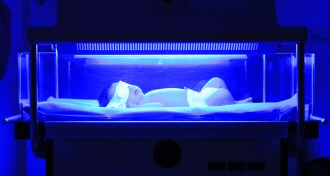 Health & Medicine
Health & MedicineEven when correct, diagnoses can harm kids
Overdiagnosis is well documented in adults but is often overlooked in children and can lead to unnecessary treatments.
-
 Health & Medicine
Health & MedicineWhat’s in a nap? For babies, it may make long-lasting memories
Taking naps after learning seems to help babies less than a year old make memories and keep them, for about a day anyway.
-
 Health & Medicine
Health & MedicineA bilingual brain is prepped for more than a second language
Bilingual and multilingual people make efficient decisions on word choices, neural exercise that may protect the aging brain.
-
 Health & Medicine
Health & MedicineFor kids, news coverage can bring distant tragedy home
Media coverage of disasters and other major events can have an emotional effect on kids. Experts suggest that parents limit news exposure and discuss tough topics.
By Laura Beil -
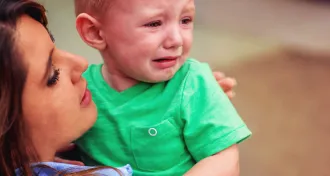 Health & Medicine
Health & MedicineThe kids will be all right
Children are generally as resilient as adults when it comes to acute trauma, and studies suggest that a little stress and exercise might help kids cope with disasters.
-
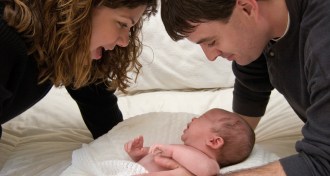 Health & Medicine
Health & MedicineMoms are more likely than dads to chat with newborns
Even when fathers are around, mothers tend to talk to their babies more and respond to infants’ vocalizations.
-
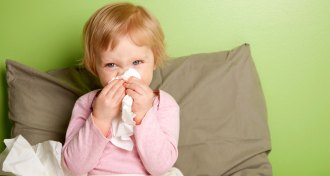 Health & Medicine
Health & MedicineThere’s no need to panic about enterovirus
The enterovirus behind this year’s outbreak, EV-D68, has been around for decades and generally causes mild symptoms.
-
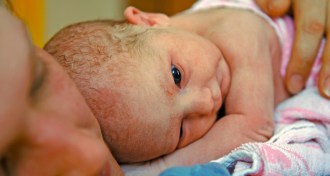 Health & Medicine
Health & MedicineA timeline of a baby’s first hour
A study carefully documents newborns’ instinctual behaviors in the first hour outside the womb, observations that paint a picture of what babies might need in the moments after birth.
-
 Health & Medicine
Health & MedicinePregnant women’s immune systems overreact to the flu
A new study offers an exception to the assumption that a pregnant woman’s immune system fades to keep from attacking the growing fetus.